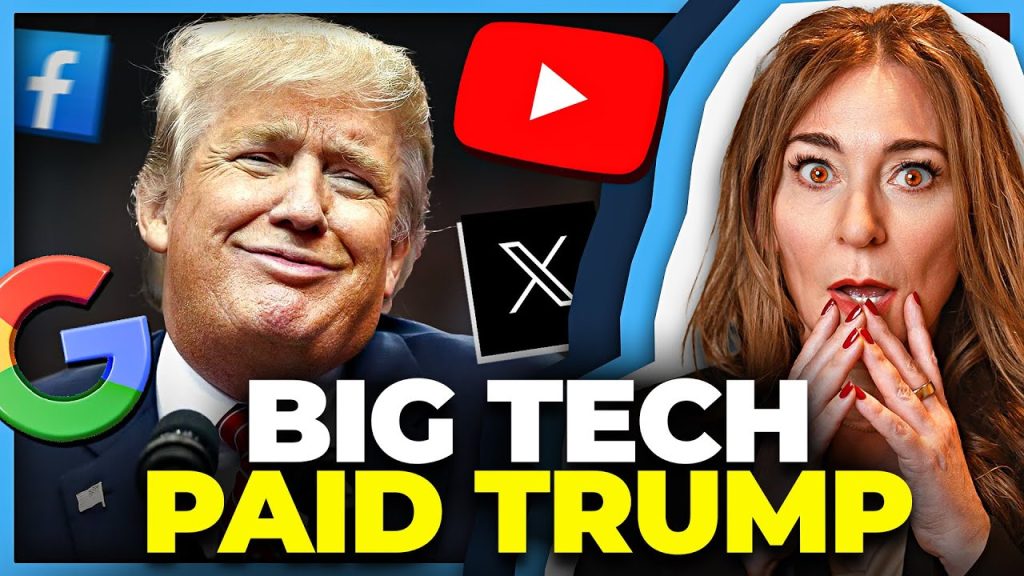The video title, “YouTube Capitulates to Trump,” hints at a significant development regarding the platform’s policies towards former President Donald Trump. It suggests that YouTube, a major player in the digital content landscape, may have altered its stance or enforcement practices in a way that favors Trump. This has the potential to reignite discussions about content moderation, free speech, and political influence in social media governance.
Since the January 6 Capitol riot in 2021, major online platforms like YouTube, Facebook, and Twitter faced intense scrutiny over their handling of Trump’s presence online. YouTube, owned by Google, initially suspended Trump’s channel citing concerns about incitement and misinformation. This decision aligned with a broader tech industry movement to limit the spread of potentially harmful political content. However, these actions have also been met with criticism from various political groups who argue that such measures constitute censorship or bias against conservative voices.
Over the past few years, there has been an ongoing debate over whether companies like YouTube have too much power over political discourse, especially given their algorithms’ reach and the difficulty in balancing free expression with community safety. Any perceived “capitulation” to Trump could be interpreted by critics as a rollback of strict moderation policies and may fuel concerns among those worried about misinformation or partisan favoritism.
Moreover, this development fits into a broader context in which former President Trump is seeking to reintegrate into social media platforms following bans and suspensions. The evolving strategies of these platforms reflect their ongoing struggle to navigate complex legal, ethical, and business pressures in the era of polarized politics.
As such, the notion that YouTube has “capitulated” to Trump captures the intersection of technology, law, and politics, highlighting the challenges platforms face in addressing powerful political figures and their supporters while maintaining regulatory and public trust.
Where to Learn More
- The New York Times – Comprehensive coverage on social media policies and political content moderation.
- The Washington Post – Insightful analysis of Trump’s relationship with digital platforms and associated controversies.
- CNET – Updates on technology companies’ policy changes and their impact on users.
- Politico – Political perspective on social media regulation and Trump’s political maneuvers online.
- Brookings Institution – Research and commentary on digital governance and free speech issues in the US.




